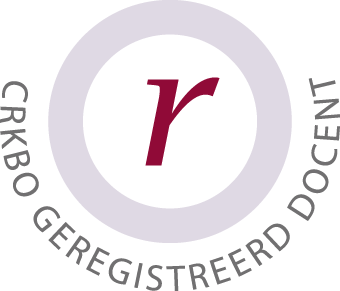Reversing ‘Fossilised Errors’ Course
German Language Course: Reversing Fossilised Errors
A specialised course for German language students, the 21Words Fossilised Errors Programme will help you overcome the most common fossilised errors when writing and speaking a foreign language, and significantly improve your German communication skills in a professional business environment.

Michael Rübenach
Founder and Educator, specializing in German exam preparation courses
Fossilised Errors in the German Language
So, what is a fossilised error? In linguistics, a fossilised error is a term given to a phenomenon whereby repetitive and/or incorrect use of language (grammar, syntax and pronunciation) has become a habit. For people learning German, this could be something as simple as not pronouncing the umlaut or scharfes S correctly. If not corrected, fossilised errors can hinder further advancement of the German language and the effectiveness of communication.
How to Overcome Fossilised Errors when Learning German
Fossilised errors are common in people learning a new language, but with the right tuition from a qualified teacher, they can be rectified. Depending on the areas that need attention, we will develop a personalised plan to reverse your fossilised errors, and break any bad habits that you may have picked up while studying German at home or on a German course.
21Words: Dealing with Fossilised Errors German Course
While fossilised errors are not limited to grammar and pronunciation, most German language students experience some difficulties in these areas. Our teachers practice mindfulness teaching methods that will help you recognise the fossilised errors you are making, and show you to overcome them with language communication training. This programme is intended for individuals who already speak some German, but are prone to habitual mistakes.


